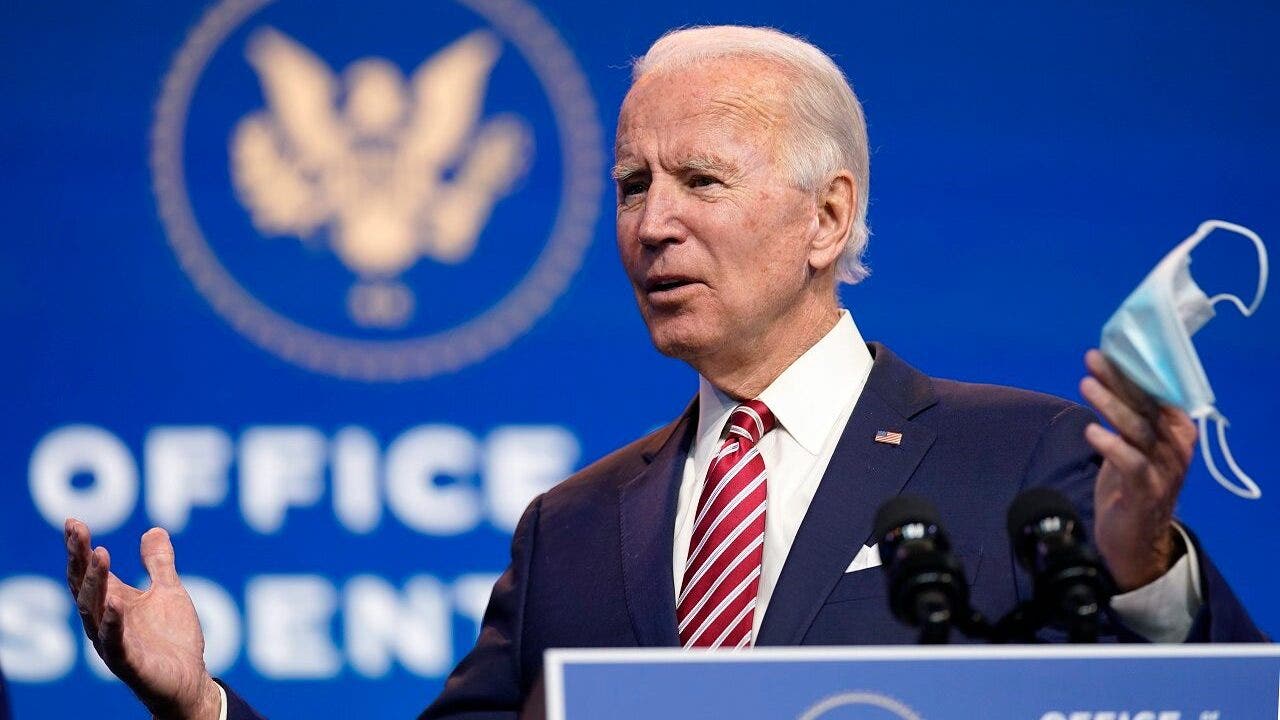Asian equities under pressure on rising coronavirus cases
MSCI’s broadest index of Asia-Pacific shares exterior Japan was barely modified at 718.72.
The benchmark is beneath the document excessive of 727.31 touched final week however up 8.5% to this point in January, on observe for its fourth straight month-to-month rise.
Japan’s Nikkei fell 0.1%.
Australian shares had been increased after the nation’s drug regulator accredited the Pfizer/BioNTech COVID-19 vaccine with authorities saying a phased rollout will start late subsequent month.
Global COVID-19 cases are inching in the direction of 100 million with greater than 2 million useless, although monetary markets have been buoyant on hopes of a vaccine and a fast financial revival.
However, “there was one negative COVID-19 news story after another on Friday and which equity investors ultimately couldn’t ignore,” mentioned Ray Attrill, head of foreign exchange technique at National Australia Bank.
Hong Kong locked down an space of the Kowloon peninsula on Saturday, the primary such measure the town has taken because the pandemic started whereas some nations together with Mexico recorded their highest every day case numbers.
Reports the brand new UK COVID variant was not solely extremely infectious however maybe extra lethal than the unique pressure additionally added to worries.
In the European Union, political leaders expressed widespread dismay over a hold-up by AstraZeneca and Pfizer Inc in delivering promised doses, with Italy’s prime minister lashing out on the vaccine suppliers, saying delays amounted to a severe breach of contractual obligations.
Pfizer, final week, mentioned it was quickly slowing provides to Europe to make manufacturing modifications that might enhance output. On Friday, AstraZeneca mentioned that preliminary deliveries to the area will fall quick due to a manufacturing glitch.
Investors did see some hope within the United States after lawmakers agreed on Sunday that crucial precedence ought to be producing and effectively distributing a vaccine.
The Democrats and Republicans are discussing a brand new $1.9 trillion in U.S. coronavirus aid.
Financial markets have been eyeing a large U.S. financial stimulus although disagreements have meant months of indecision in a rustic struggling greater than 175,000 COVID-19 cases a day with hundreds of thousands out of labor.
On Friday, the Dow fell 0.57%, the S&P 500 misplaced 0.30% and the Nasdaq Composite added 0.09%. The three primary U.S. indexes closed increased for the week, with the Nasdaq up over 4%.
Jefferies analysts mentioned U.S. inventory markets appeared overvalued although they nonetheless remained bullish.
“For the stock market to have a real nasty unwind, rather than just a bull market correction, there needs to be a catalyst,” analyst Christopher Wood mentioned.
“That means either an economic downturn or a material tightening in Fed policy,” Wood mentioned, including neither was more likely to happen in a rush.
In currencies, main pairs had been trapped in a variety as markets awaited a U.S. Federal Reserve assembly on Wednesday.
The greenback index was flat at 90.21, with the euro at $1.2169, whereas sterling was final buying and selling at $1.3683.
The Japanese yen was unchanged at 103.77 per greenback.
Souring threat sentiment noticed Treasury yields transfer decrease on Friday forward of some record-sized bond auctions and the Fed assembly.
In commodities, oil costs fell with Brent down 7 cents at $55.34 a barrel and U.S. crude off 5 cents at $52.22.
Gold was increased with spot costs up 0.2% at 1,855.9 an oz..




